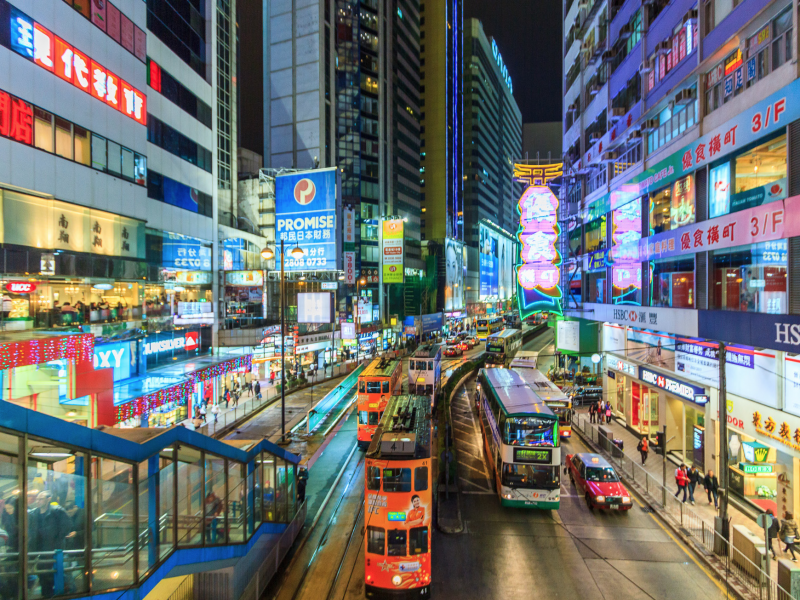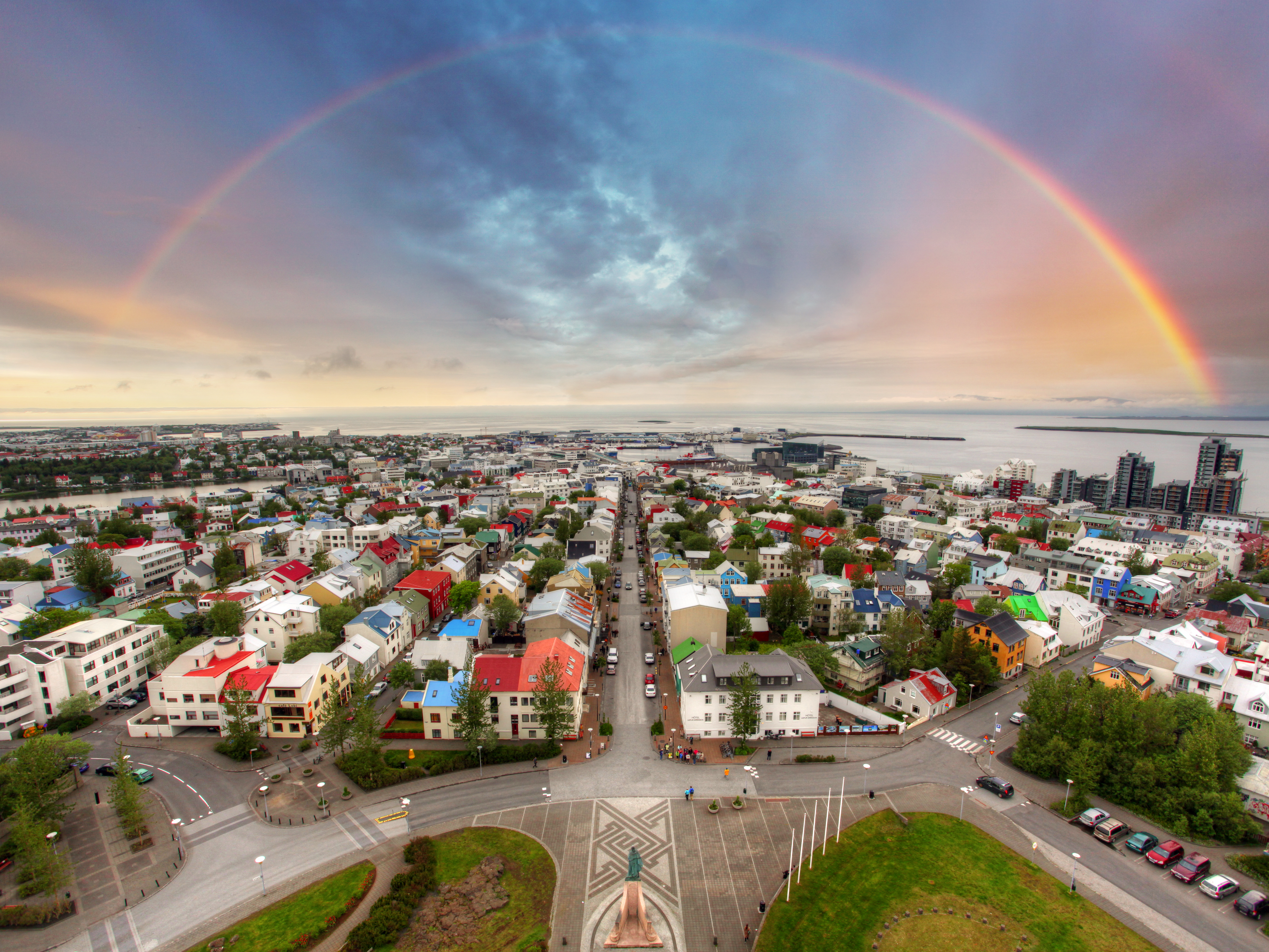The most successful economies in the world have large-scale and efficient infrastructure.
This requires continual investment from businesses and the government in order to remain competitive and to keep an economy running smoothly.
The World Economic Forum’s Global Competitiveness Survey looks at the financial health and risks of countries around the world.
One of the sub-indexes ranks countries’ infrastructure after scoring them from 1-7. A score of 7 is the best you can get.
While no country scored a perfect 7, there are a number of countries that claimed a score of over 6.
So we decided to take a look at the top 21 countries for infrastructure, out of WEF's assessment of 138 countries in total:
T=17. Australia— 5.6. The government understands the importance of investing heavily in infrastructure to keep an efficient economy. It has "an unprecedented $50 billion investment upgrading and [is] building safe and reliable land transport infrastructure across the country," it says.

T=17. Qatar— 5.6. The country spends billions a year on infrastructure and last month the government pledged $3.3 billion alone just upgrading 29 existing projects across the country.

T=17. Iceland— 5.6. Iceland's transport infrastructure is one of the best in the world.

T=17. Sweden— 5.6. The government says "Sweden hosts an excellent infrastructure. It matches or outperforms that of any other European country. Extensive public investment ensures a nationwide network of roads, railroads, waterways, harbours and airports."

T=17. Denmark— 5.6. The country has an incredible transport network but due to environmental reasons, the government has minimised urban traffic with new legislation and has actively encouraged bicycle riding.

T=15. Luxembourg— 5.7. With a population of just over 500,000, the country still has excellent railroads and uses canals for imports and exports.

T=15. Canada — 5.7. The country takes its investment in infrastructure very seriously and since 2014 it has made sure that CAD $120 billion is available over 10 years for green, social, and public transit projects.

T=13. Austria— 5.8. The country prides itself of being one of the most connected countries in Europe and a great place to do business.
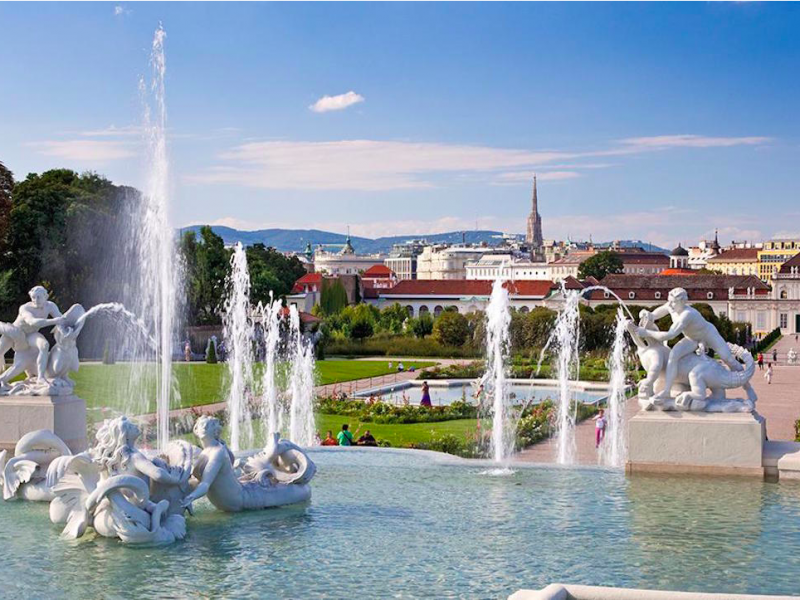
T=13. Taiwan — 5.8. The 1970s led to a boom in infrastructure spending after the country invested heavily in 10 projects. Now it is considered one to have some of the best transportation systems, railways, highways, and domestic airports in the world.

T=11. Spain— 5.9. Spain is considered to have decent infrastructure and once boasted one of the best train systems in Europe. However, that is threatening to unravel as credit rating agency Standard & Poor’s warns of "sub-standard" infrastructure planning that is causing long-term problems.
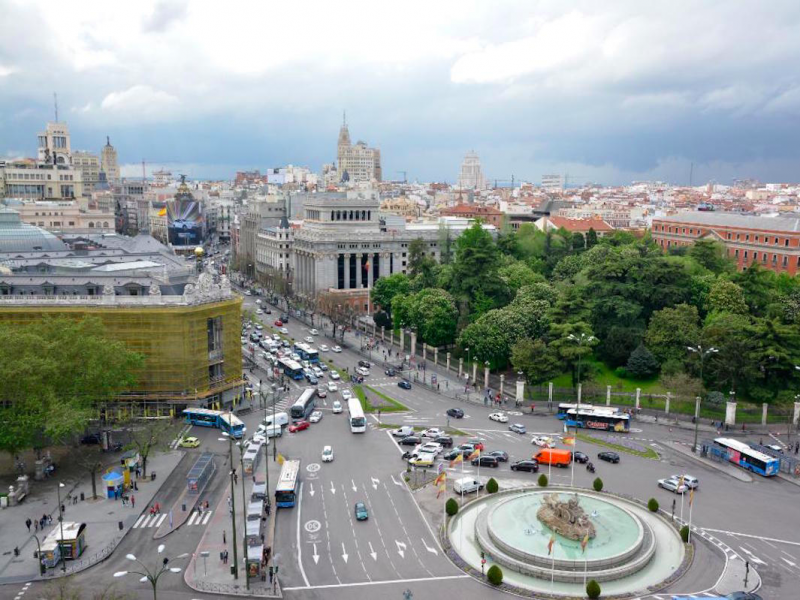
T=11. United States — 5.9. The US has an impressive infrastructure where all cities and states are connected through the road, rail, and air. However, the American Society of Civil Engineers warns that "deteriorating infrastructure, long known to be a public safety issue, has a cascading impact on our nation’s economy, impacting business productivity, gross domestic product, employment, personal income and international competitiveness."

T=9. Republic of Korea (South Korea)— 6.0. The country has a well-developed transport network but it is refocusing its investments in areas such as housing.
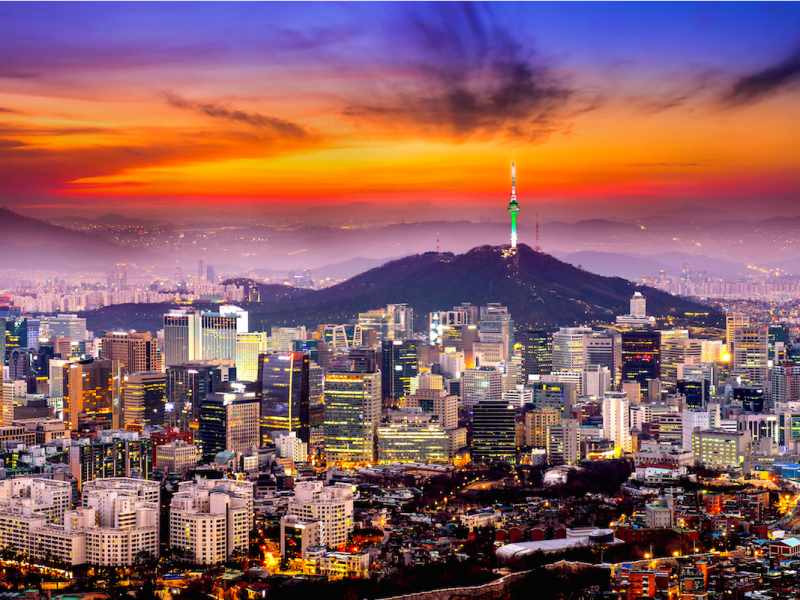
T=9. United Kingdom — 6.0. Britain has one of the most connected infrastructure networks in Europe but it suffers from under-investment in upgrading its system. New UK Chancellor Philip Hammond warned in October that the government needs to be ready to re-invest again if businesses are indeed holding back on spending due to the Brexit vote.

T=7. Germany — 6.1. The country is known for its efficient rail and road networks but it has seriously under-invested in upgrading and mending its systems.

T=7. France — 6.1. The country has one of the most sophisticated infrastructure networks in Europe and has heavily invested in its communications structures over the last decade.

6. Switzerland — 6.2. The country's rail and road systems are some of most dense and efficient in the world.
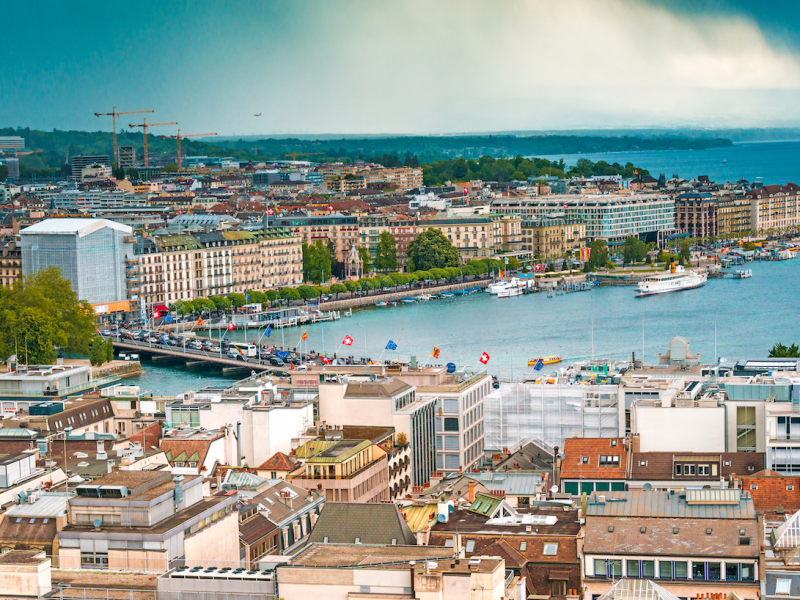
T=4. Japan — 6.3. The country is famous for it's incredible infrastructure, such as its capability of high-speed bullet trains. In August, the government announced a huge $61 billion infrastructure spend to help boost its tourist numbers.

T=4. United Arab Emirates — 6.3. The UAE knows how important infrastructure spending is to boost its overall economy. And the construction sector is set to grow by 6.6% this year, compared to the overall economy which is pipped to rise by 2.6% in 2016.
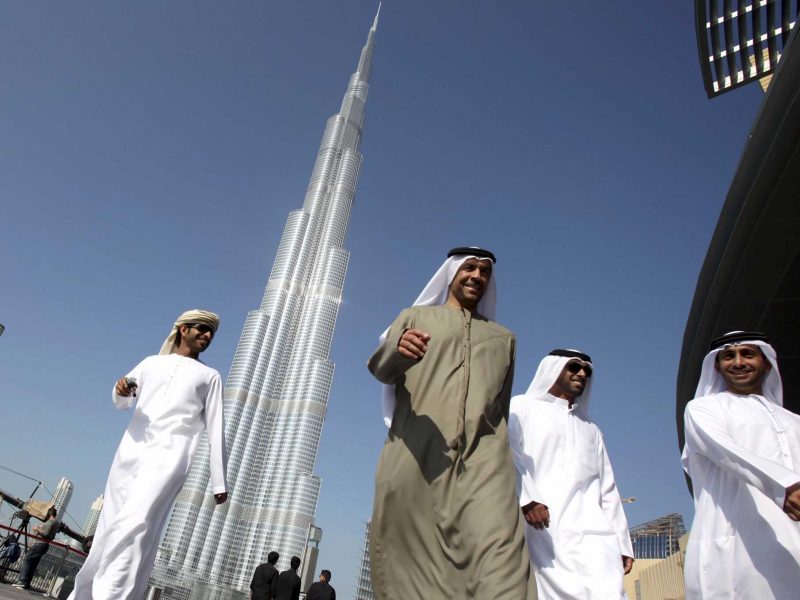
3. The Netherlands — 6.4. Amsterdam is a poster child for smooth and efficient infrastructure for anyone travelling by foot, bike, car, tram, train, or car.
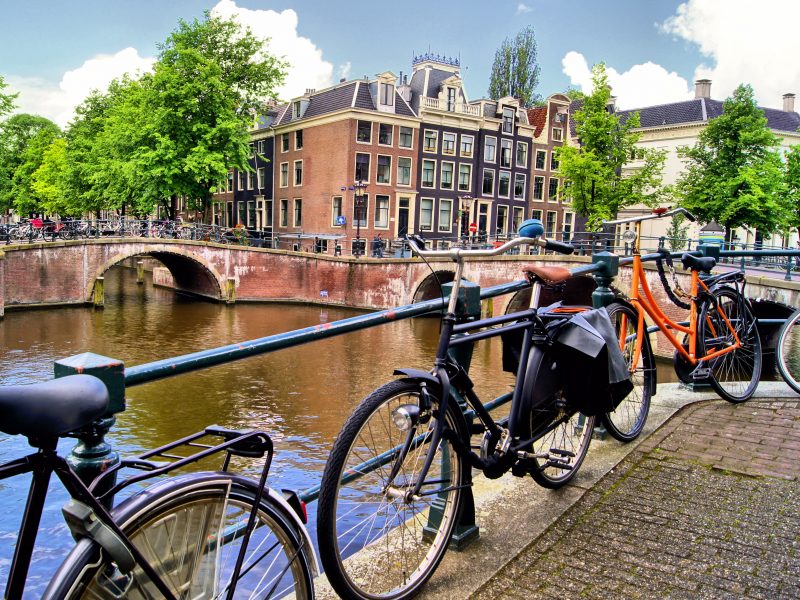
2. Singapore — 6.5. The wealthy island nation has focused on keeping the country as connected and easy to do business as possible.

1. Hong Kong — 6.7. The country has the best infrastructure in the world, from world-class construction to seamless transportation networks. It is one of the easiest places in the world to do business due to its up-to-date travel, logistics and telecommunications networks and a thriving port.
